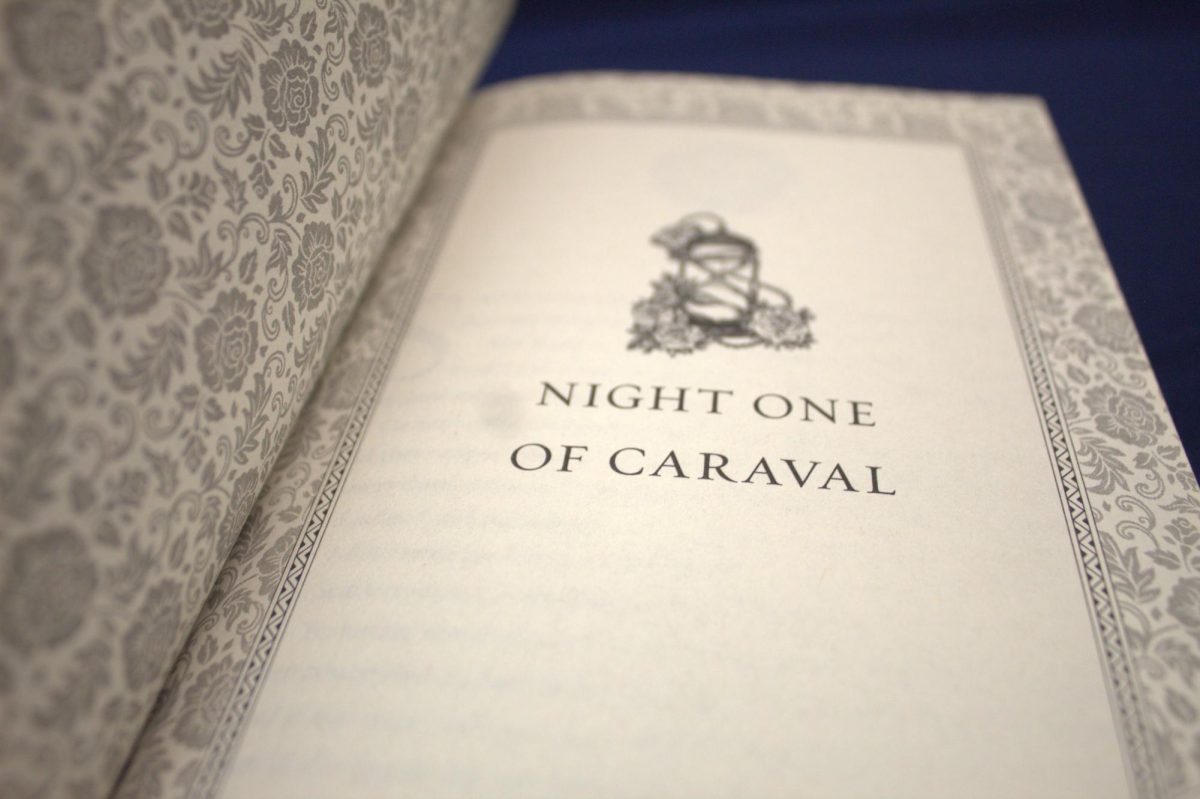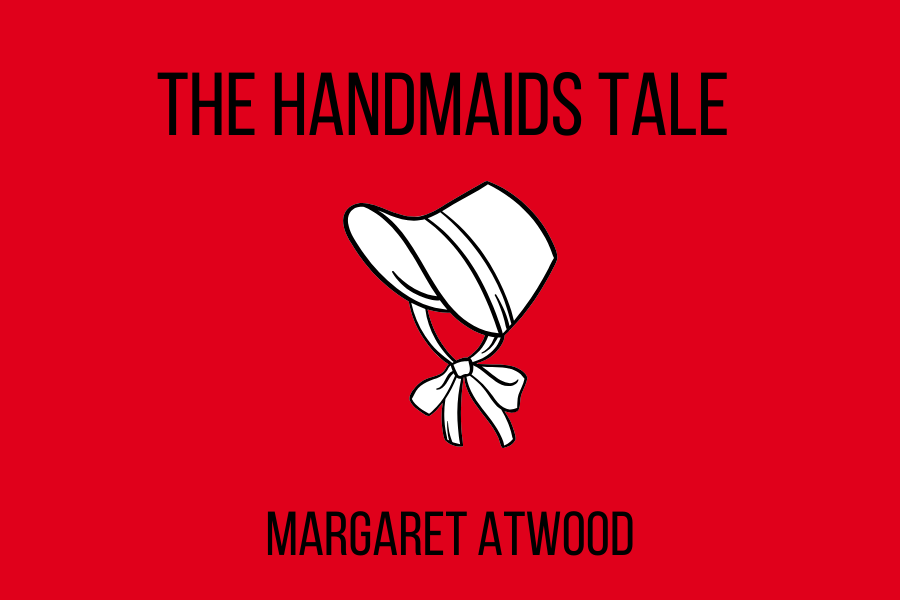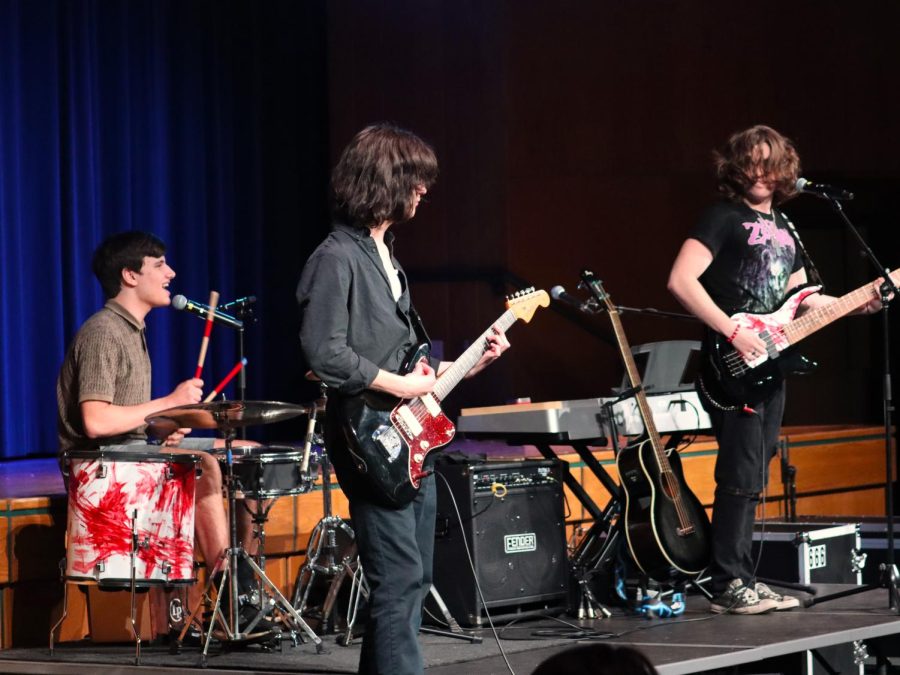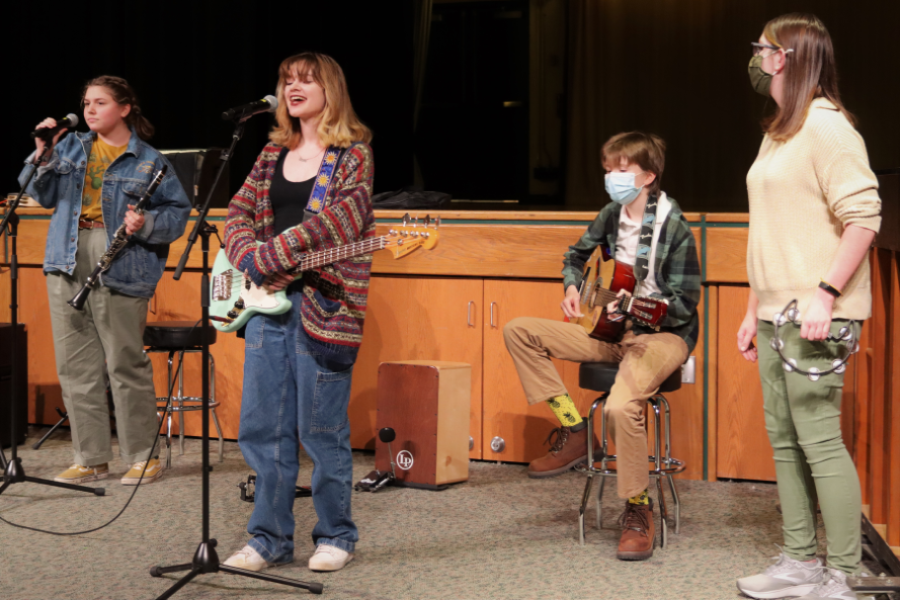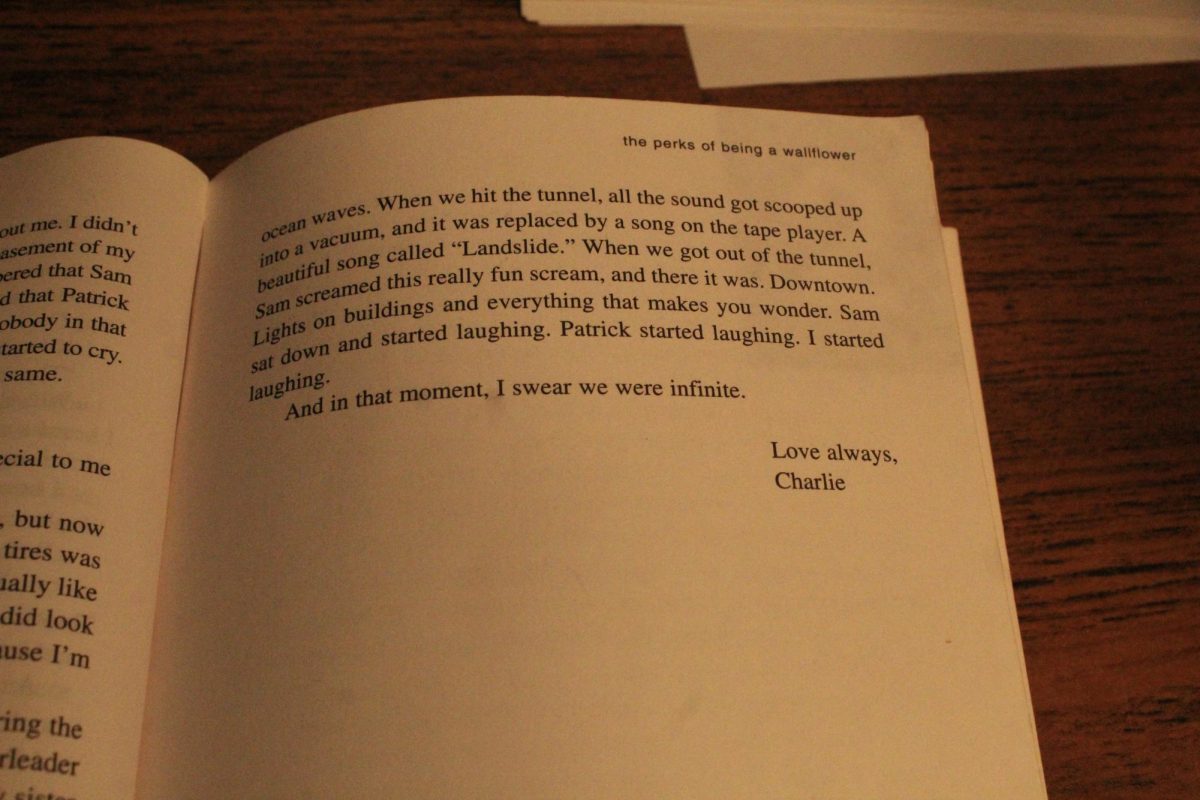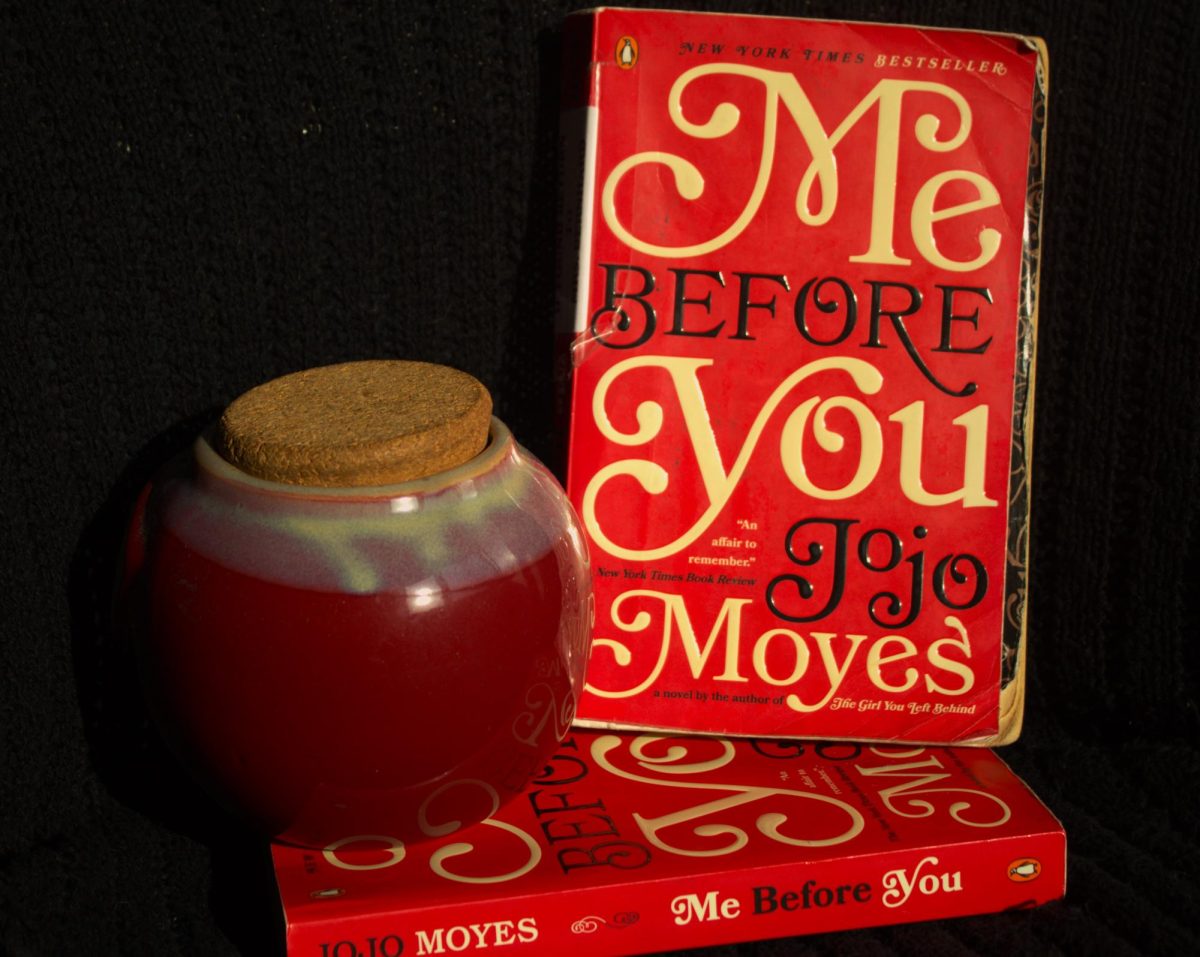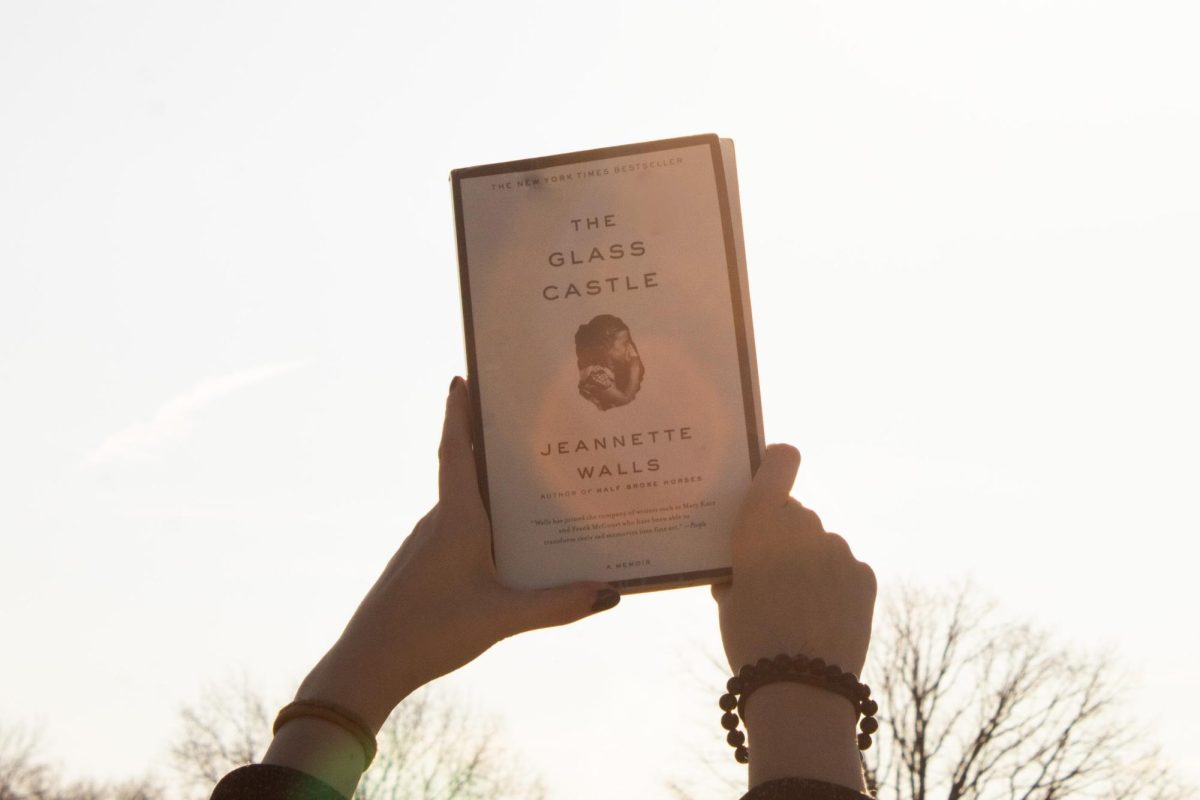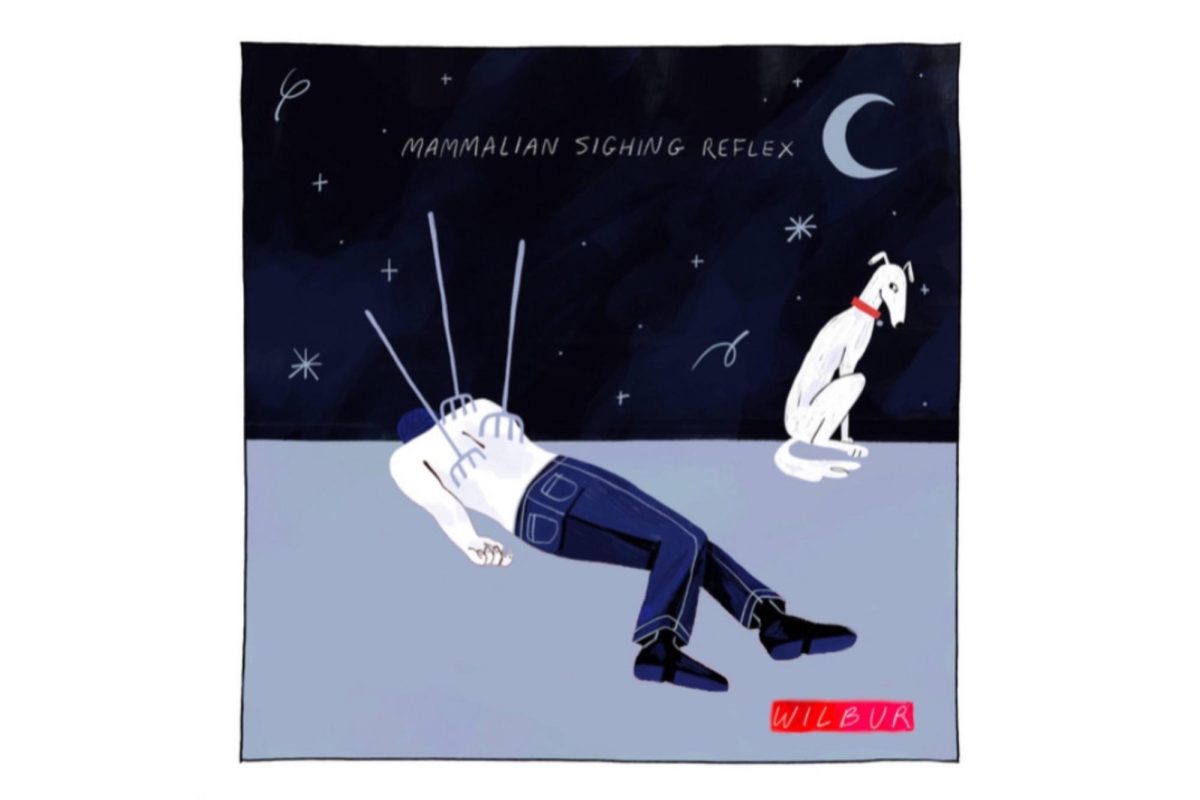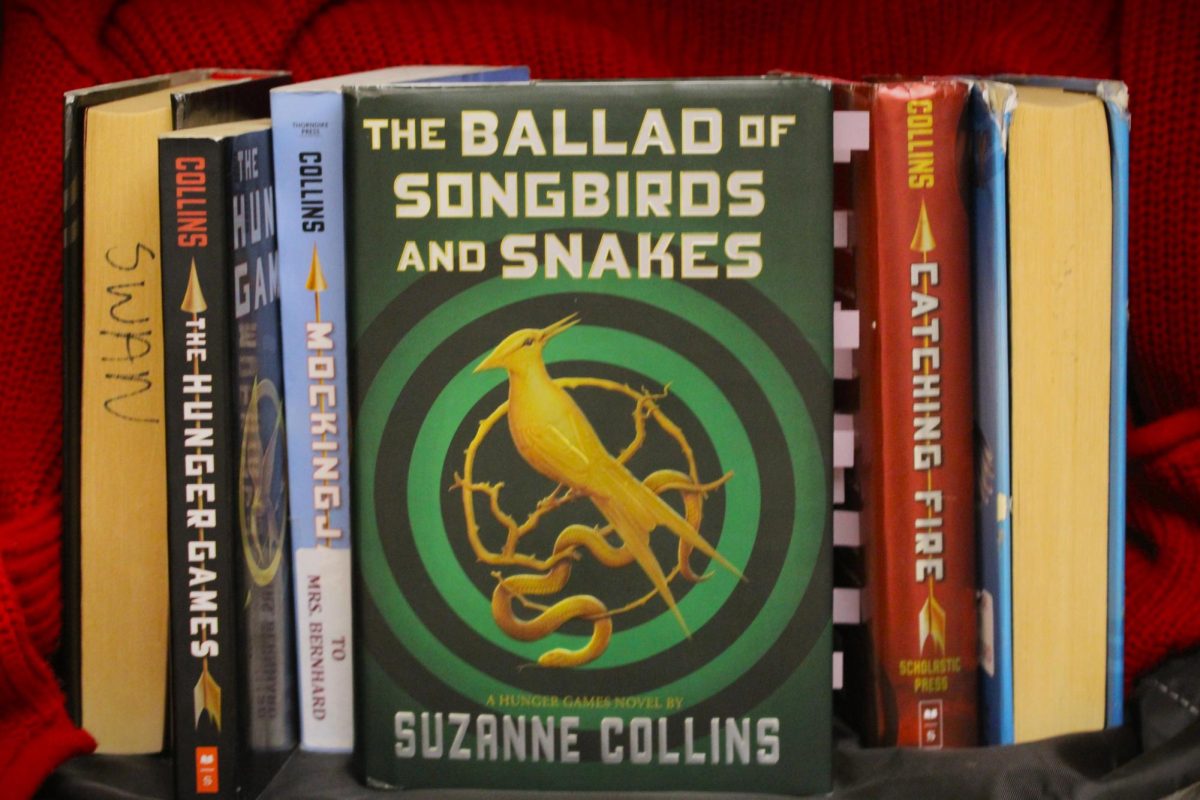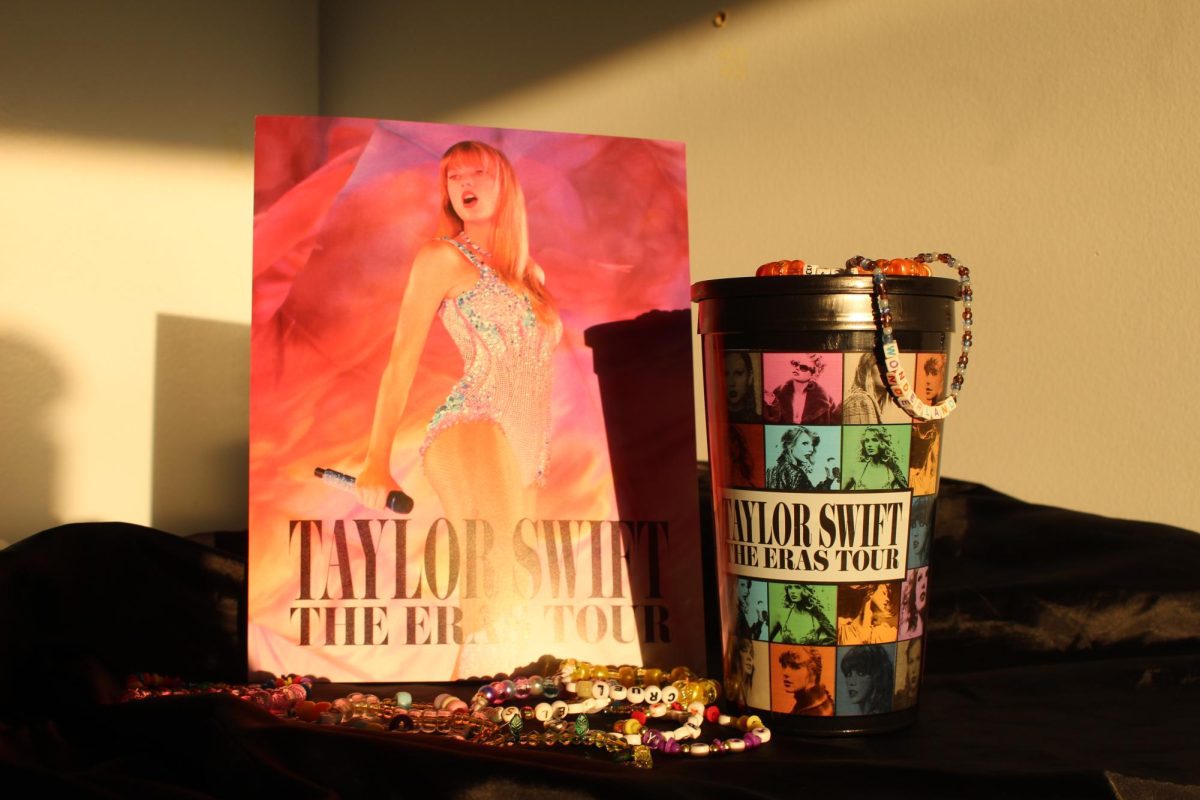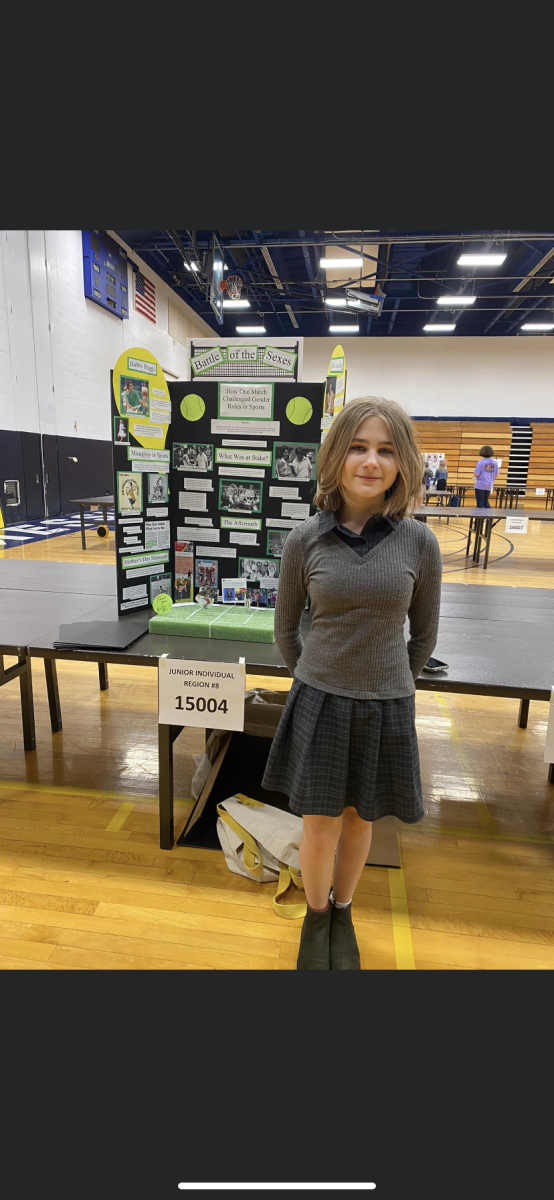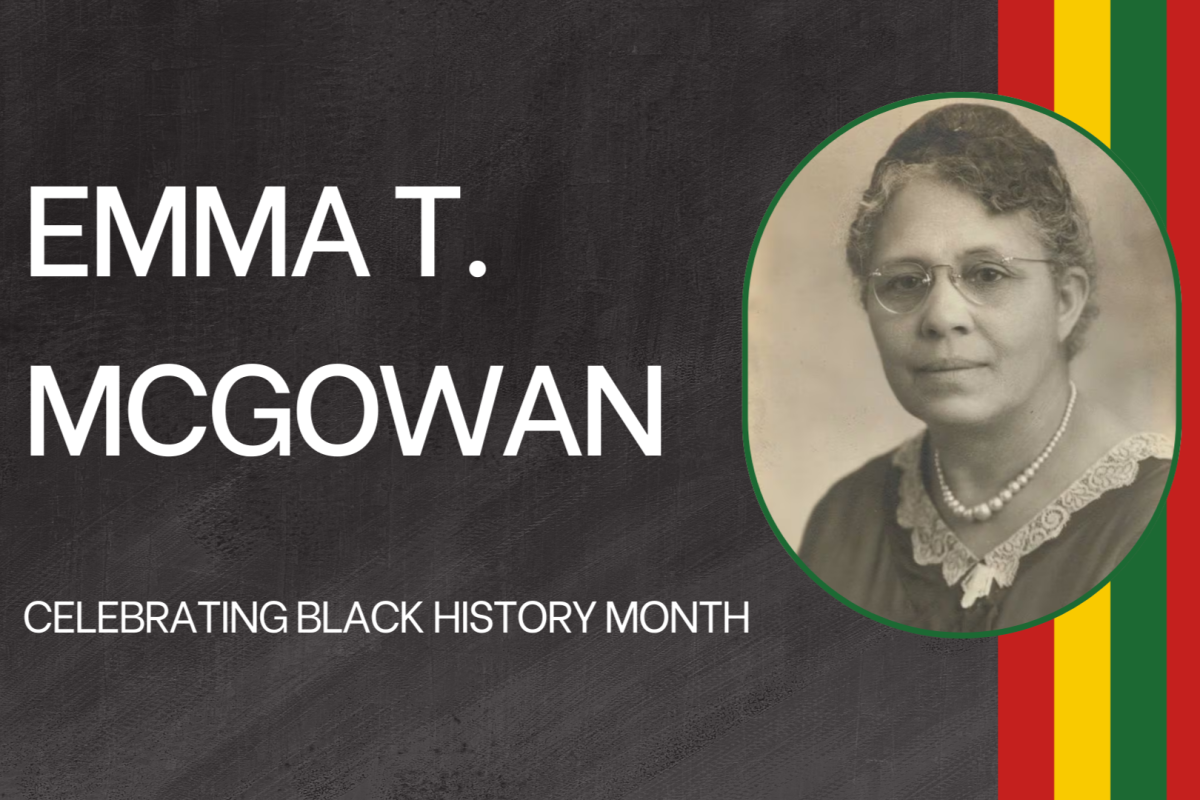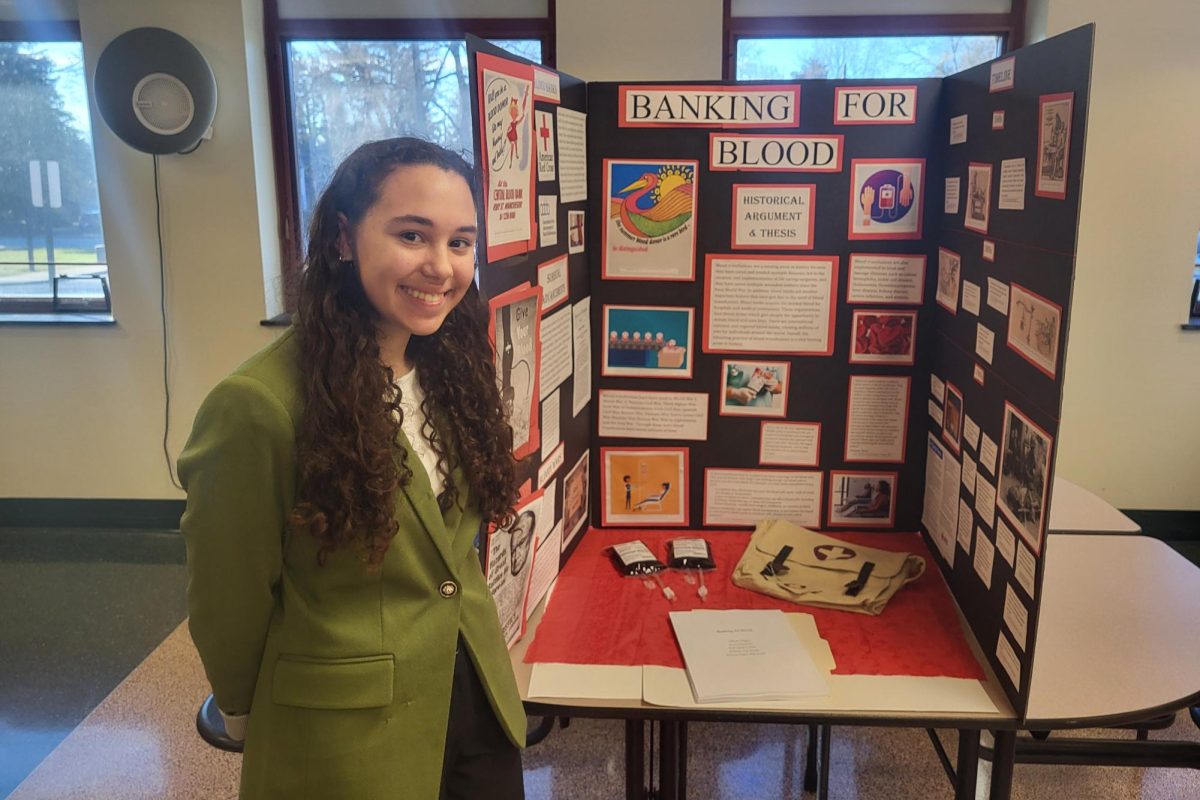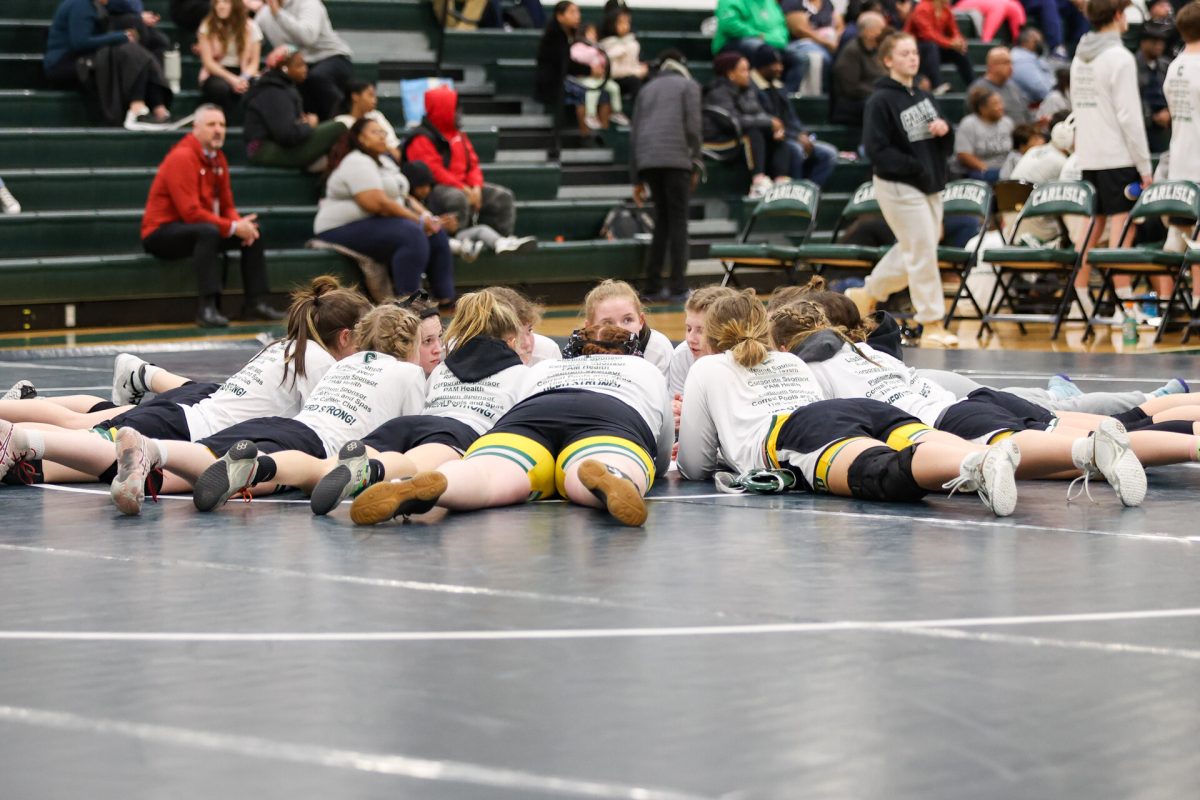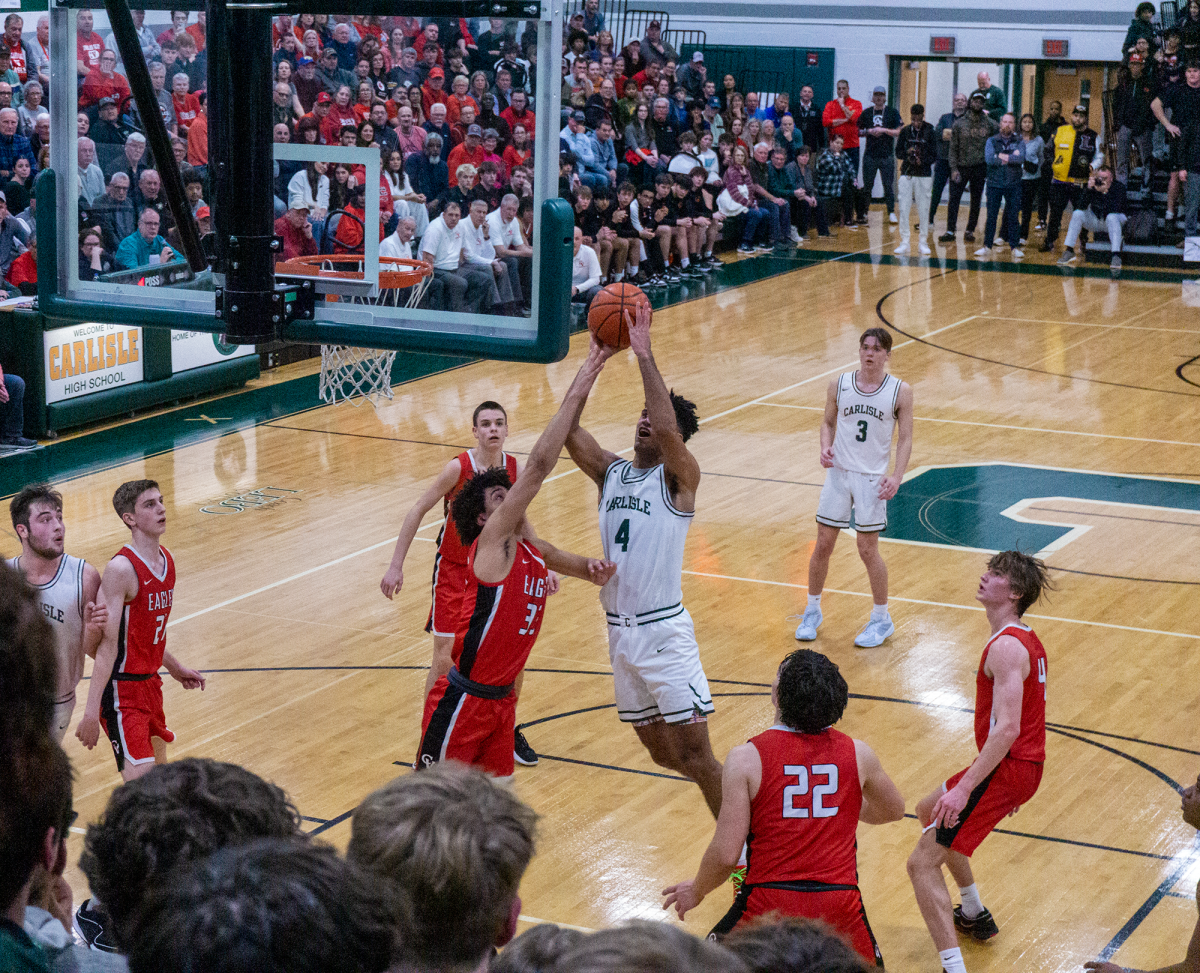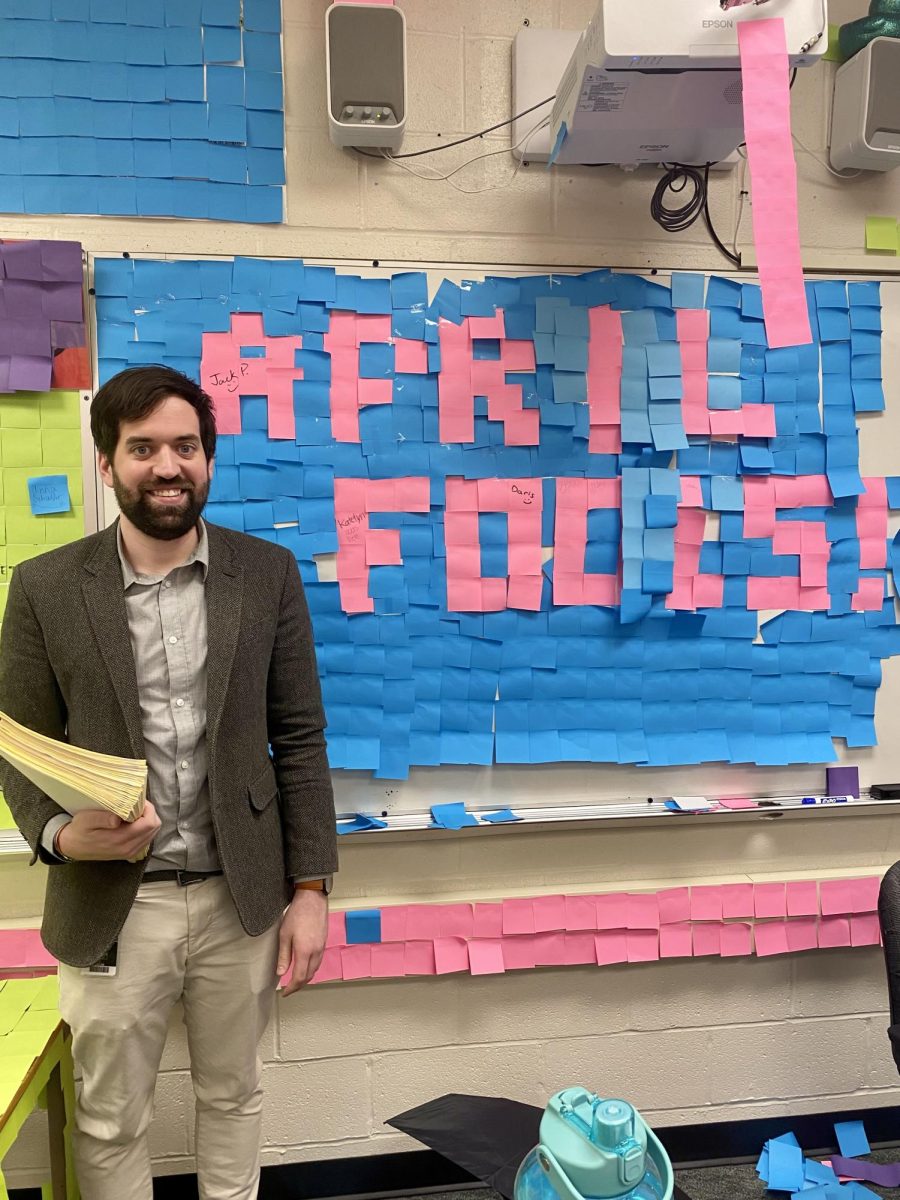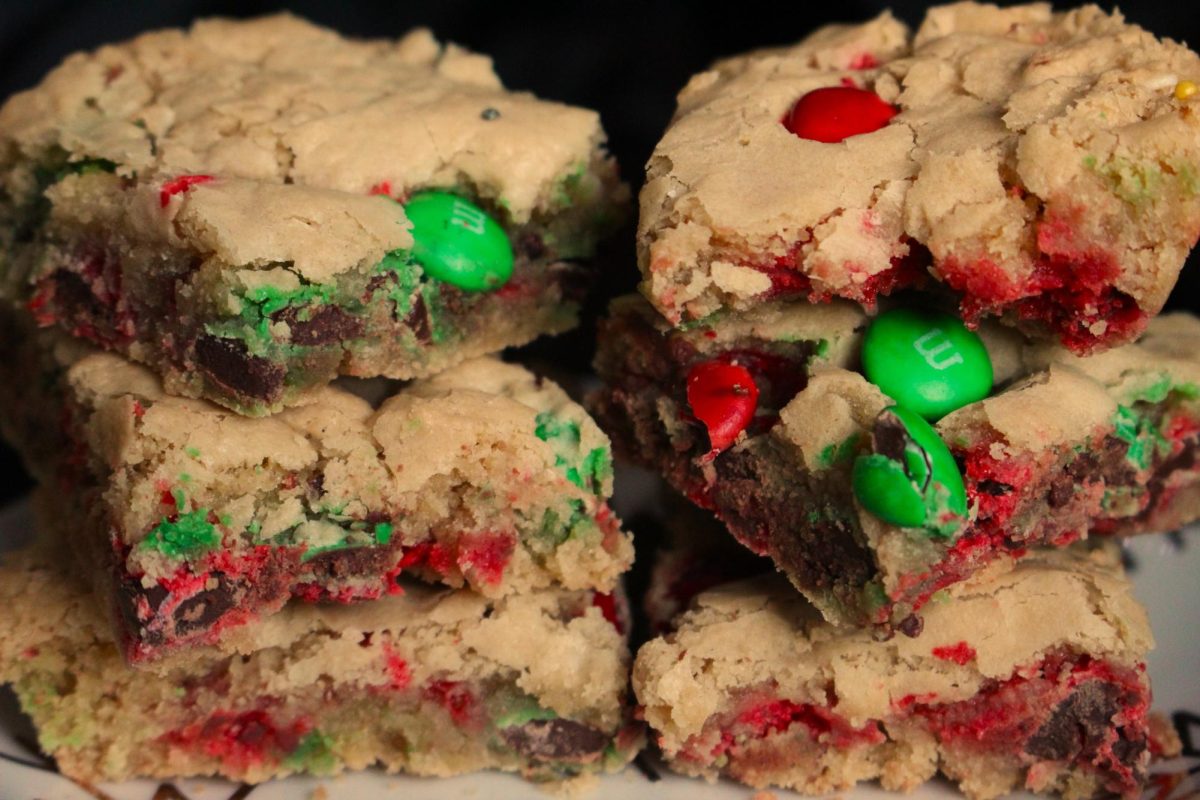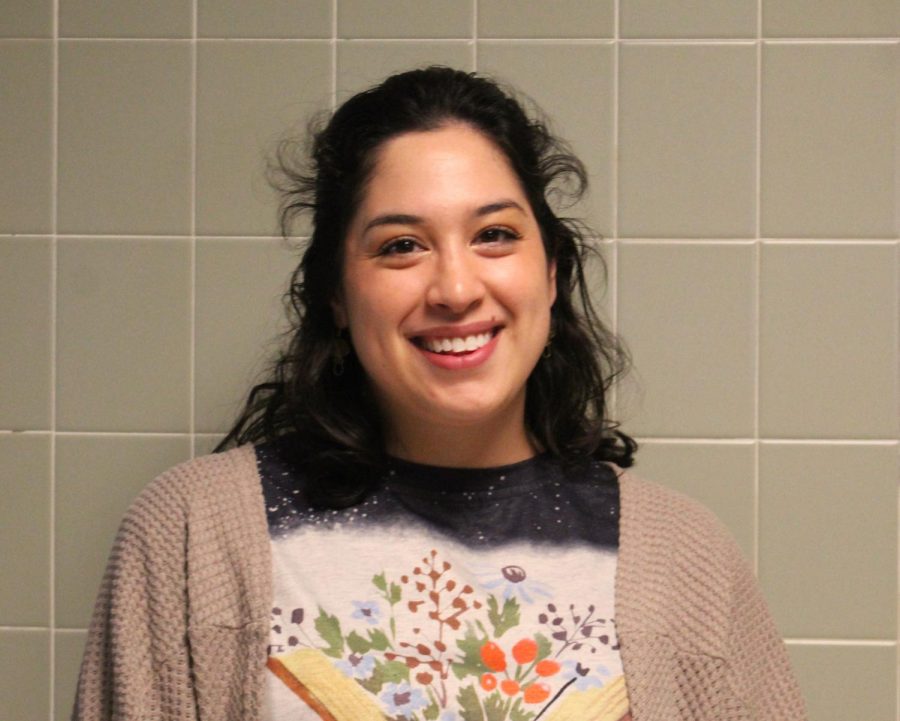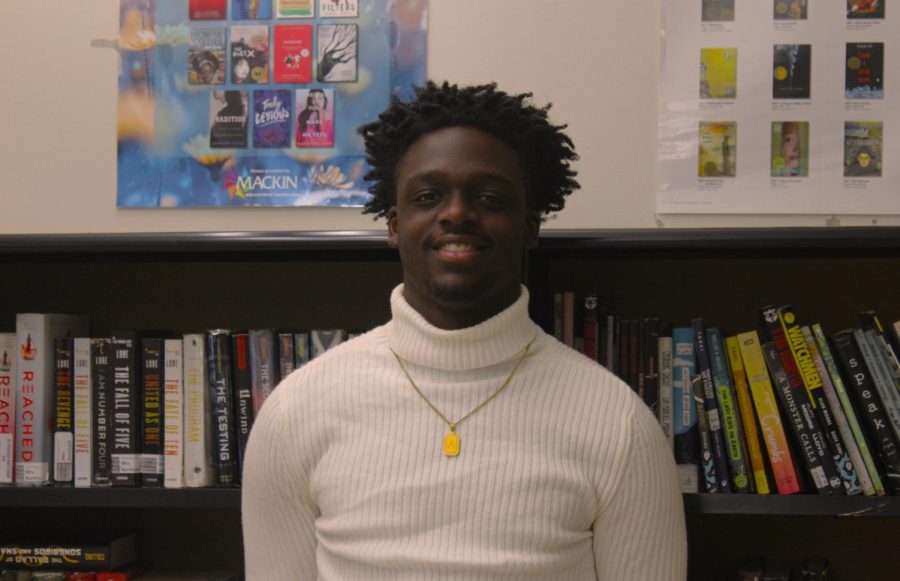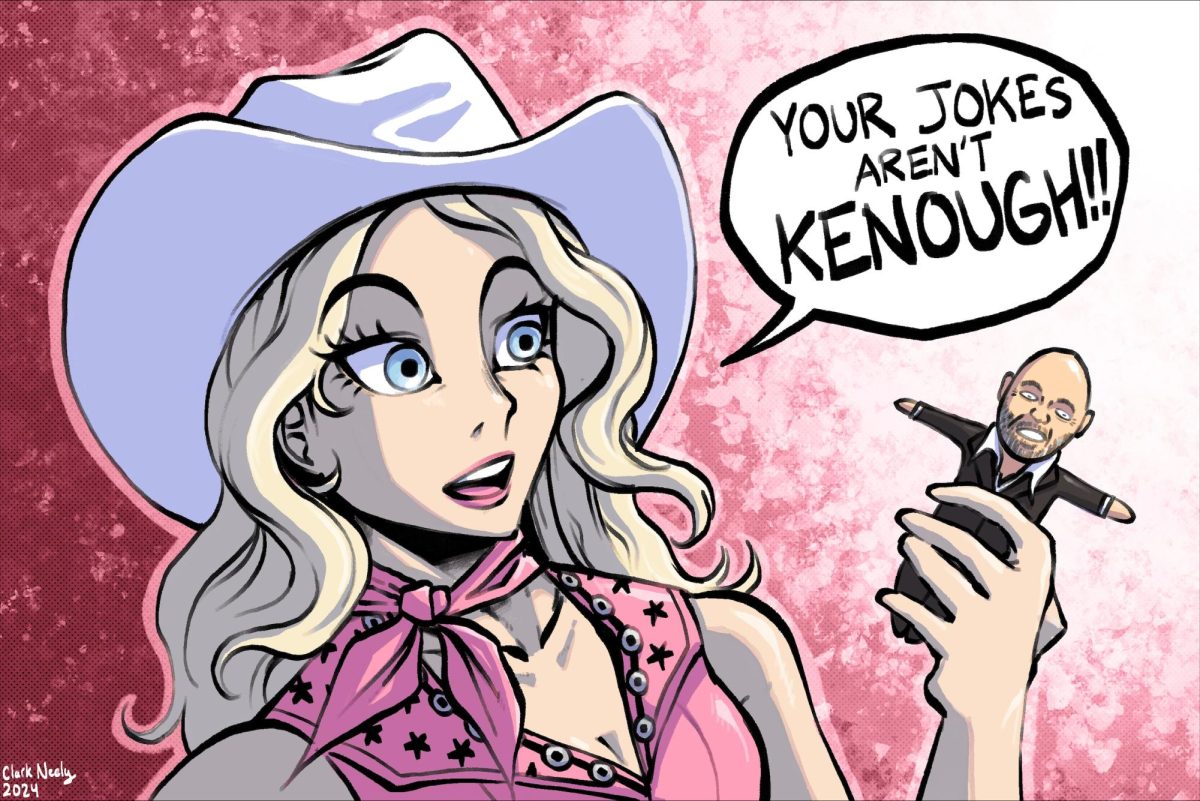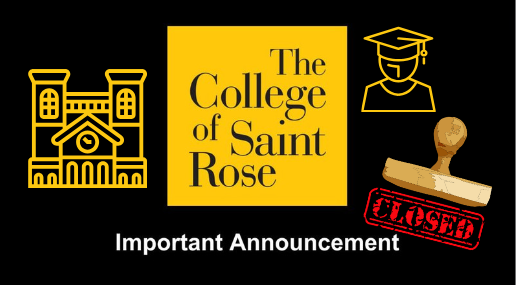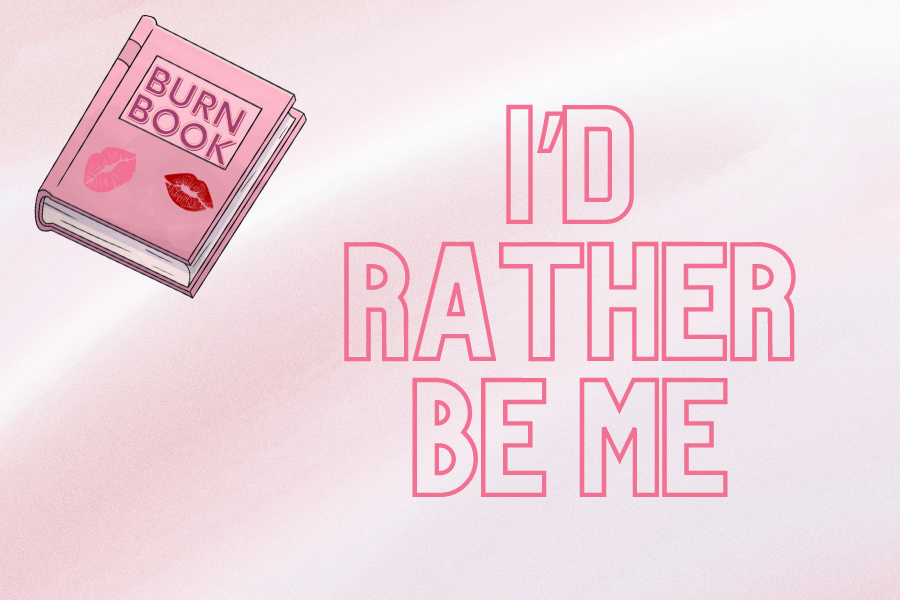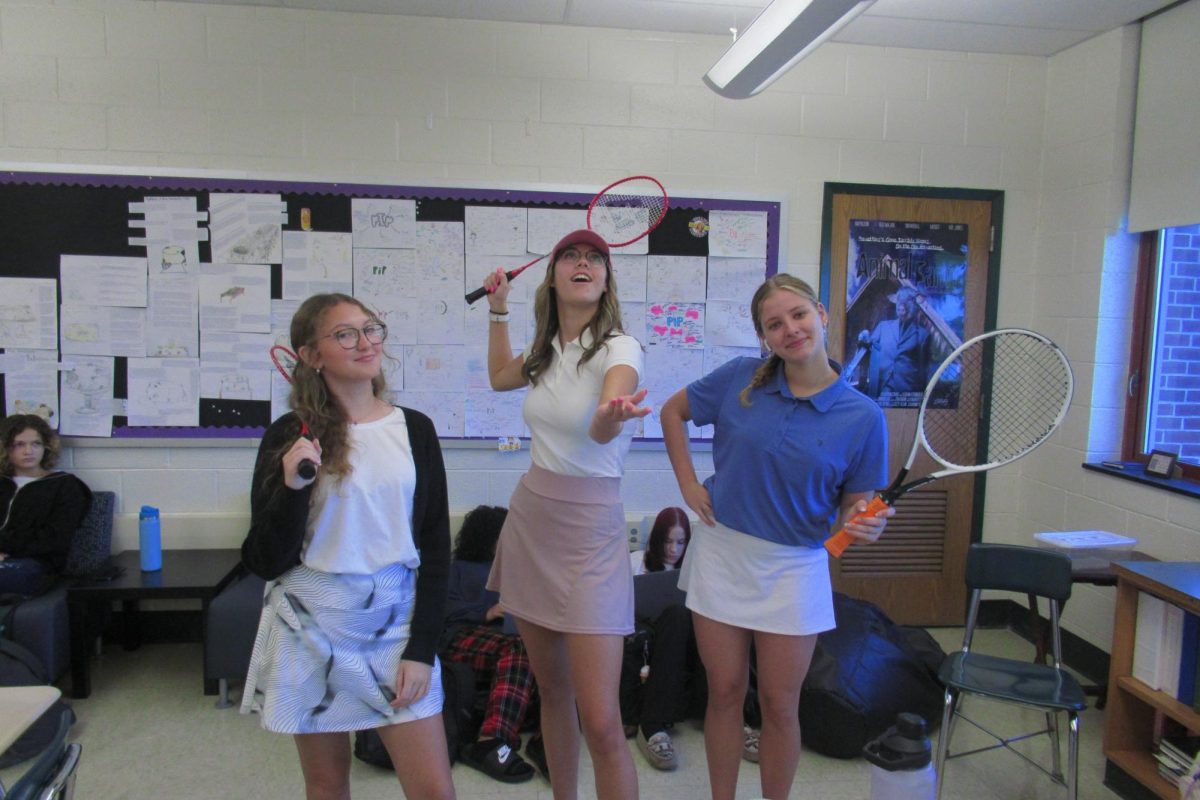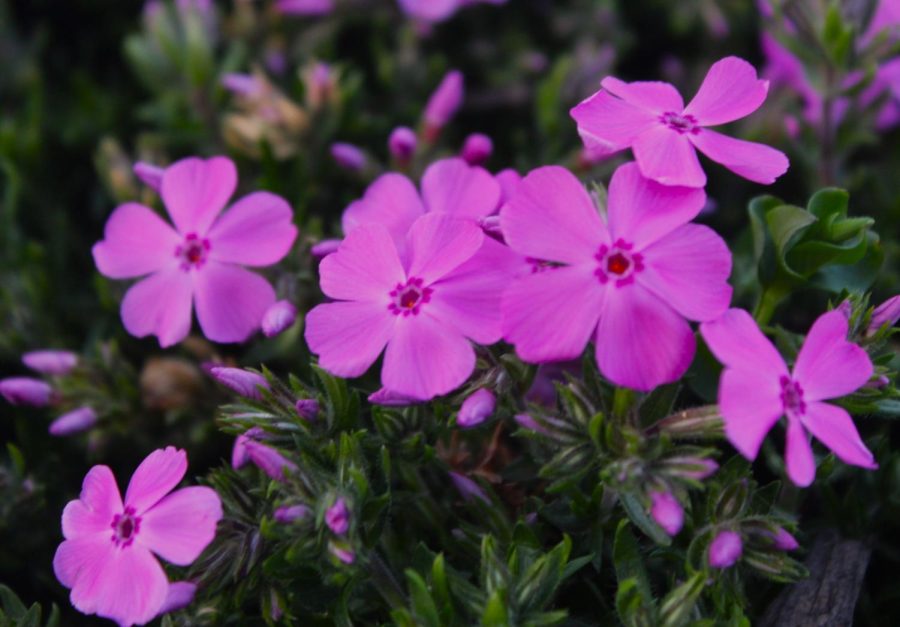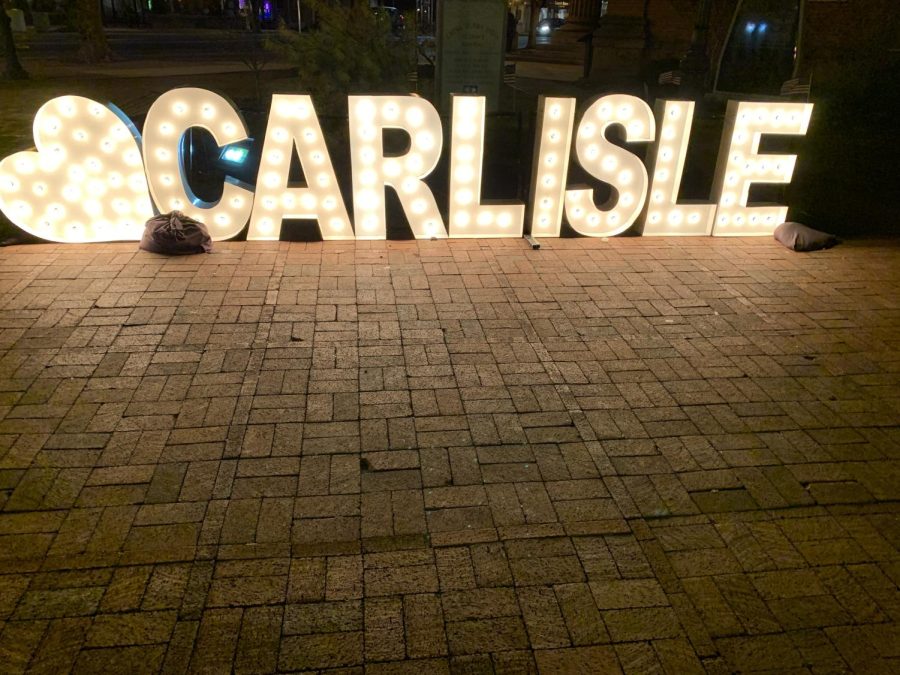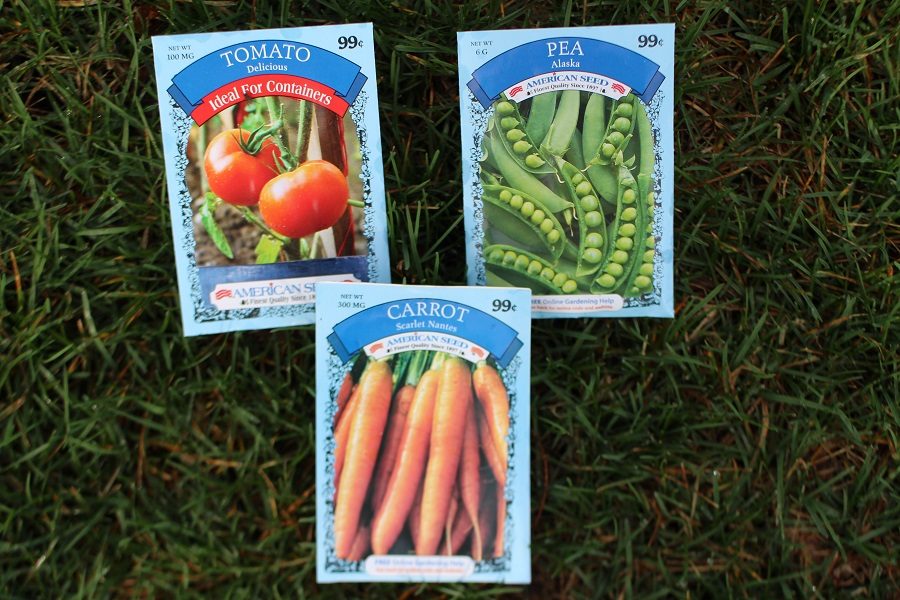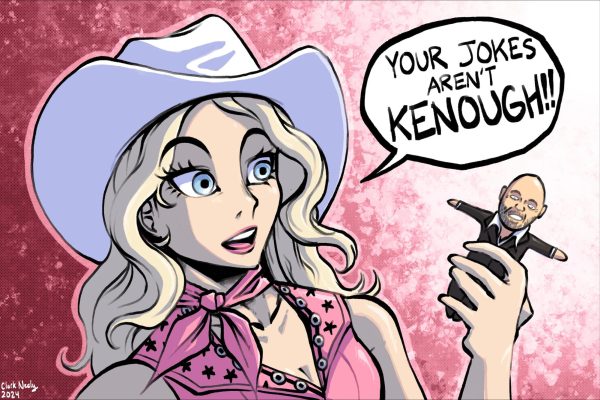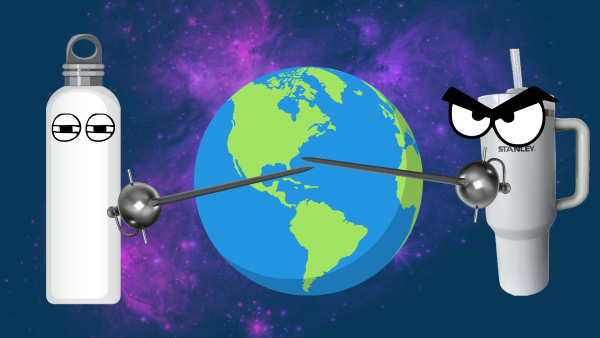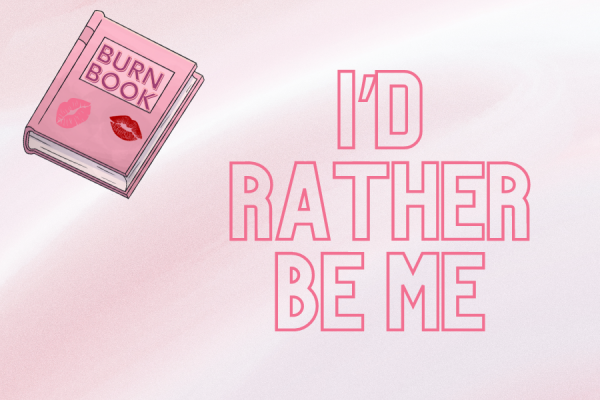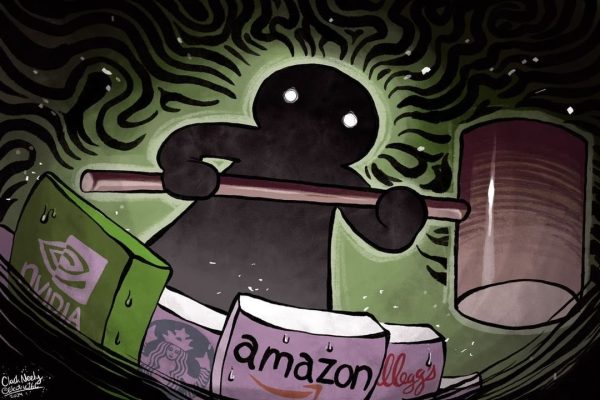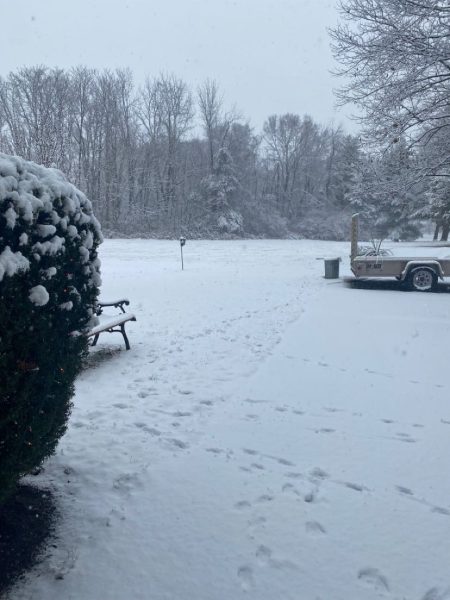‘Bee’ amazed by gardening (Editorial)
Seeds can be the start of something amazing in your garden. But what’s been missing lately could cause large issues: bees.
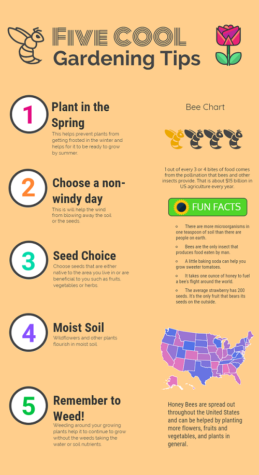
In a recent effort to help increase the declining bee population, Cheerios gave away 1.5 billion wildflower seeds. While the effort is in good taste and could potentially help, the various amounts of seeds include packets of plants that could include invasive species that are banned in certain states for taking over.
While the intentions are good, complaints have been made in reference to the invasive species seed packets.
“The seed varieties in the mix are not considered invasive,” Cheerios said, adding that the “flower varieties within the Bee Friendlier Mix were selected for their flowers which produce nectar and pollen that are attractive to bees and other pollinators.”
Even with the controversy the overall reason for the seed packets is good and Cheerios exceeded their 100 million seed goal by 10.
Be amazed at the large variety and amount of things bees are capable of doing. Bees are the only insect that produce a substance that humans eat, that is not including those insects that humans already consume. The honey bee is overall useful for a variety of things; making honey and beeswax, pollinating flowers and overall just buzz around and be cute. In just 2016 alone, 44% of US bee colonies collapsed even though ⅓ of every bite of food we take is pollinated by bees. In short we really really need bees to stay around.
Disclaimer: Articles designated as “Editorial” represent the views and opinions of the author, not the 2016-2017 Periscope staff, CHS Administration, or the CHS student body.
Want to help the Herd? Please consider supporting the Periscope program. Your donation will support the student journalists of CHS and allow us to purchase equipment, send students to workshops/camps, and cover our annual website hosting costs.
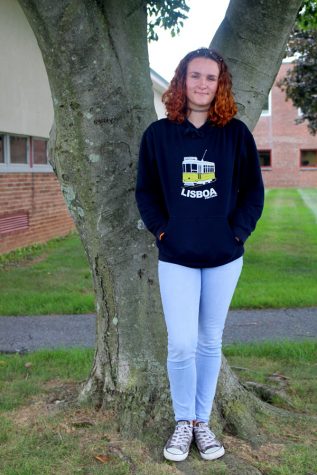
Olivia Boyd is currently a senior in Carlisle Area High School and this is her first year in Periscope. Olivia is the news section editor for the 2016-2017...


